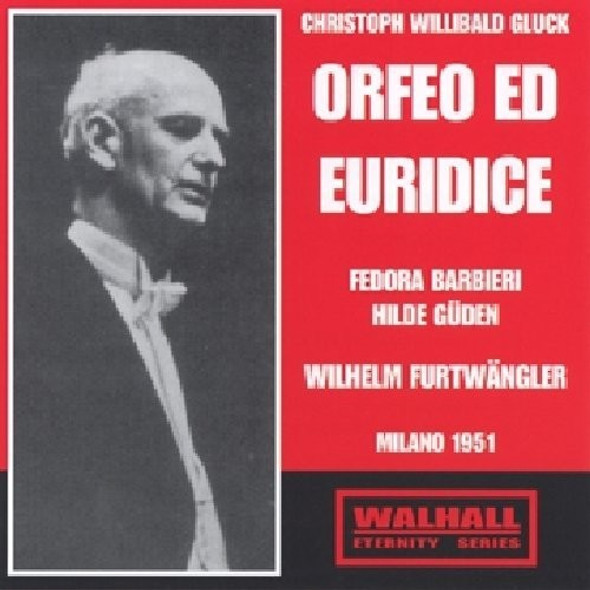Description
To celebrate the 25th anniversary of the small but ambitious Spanish "Festival Internacional de M?sica Castell de Peralada", the Catalan theater collective La Fura dels Baus and it's director Carlus Padrissa have staged Gluck's opera "Orfeo ed Euridice" with three splendid female voices and in a production that wonderfully reflects the Fura's never-failing imaginativeness. The most striking aspect of the production is the direct involvement of the musical ensemble in the action. The group, BandArt, is an instrumental ensemble that performs standing, moving about or even dancing, on the stage and without a conductor. Stage director Padrissa goes so far as to exclaim: "Like Gluck, who with this opera opened the doors to the reformation of the opera 250 years ago, I feel that we are opening up a new path that will let the orchestra rise from the pit to incorporate itself into the action on stage" (Padrissa in El Pa?s). in addition to the visible instrumentalists, Padrissa also makes abundant stage use of the chorus members who depict souls, demons and other creatures in his production. His staging is fundamentally inspired by sacred medieval iconography and the depiction of mythical animals found in Romanesque and Gothic churches. Combined with visually stunning effects, expert lighting and large video projections, the production grabs the viewer from the start and doesn't let go. What makes or breaks Gluck's opera is the role of Orfeo. Since Gluck's original Italian version is performed here, the role of Orfeo is performed by a mezzo, Anita Rachvelishvili of Georgia, a singer who unfailingly commands the stage with her infinite range of expressions both vocal and dramatic. Maite Alberola's Euridice and Auxiliadora Toledano's Amor blend their voices perfectly with that of Rachvelishvili.
View AllClose






